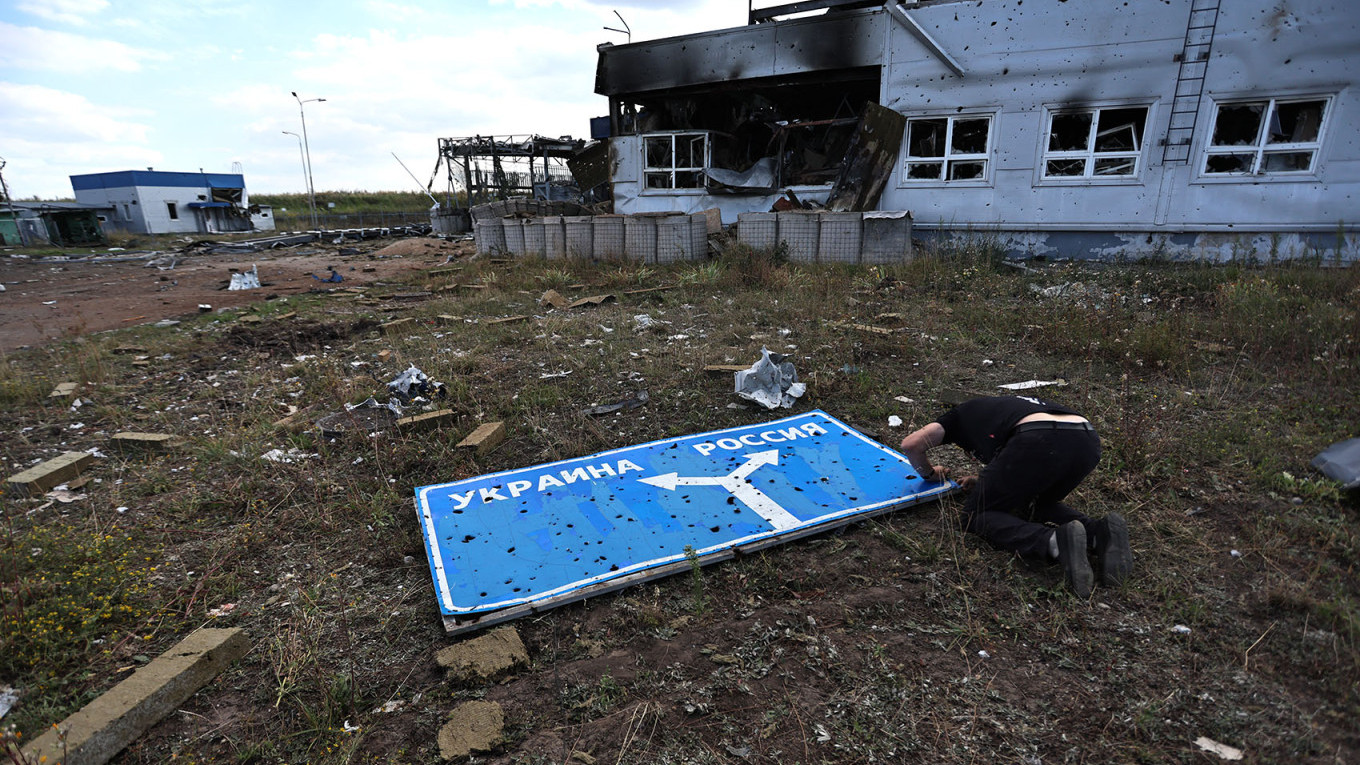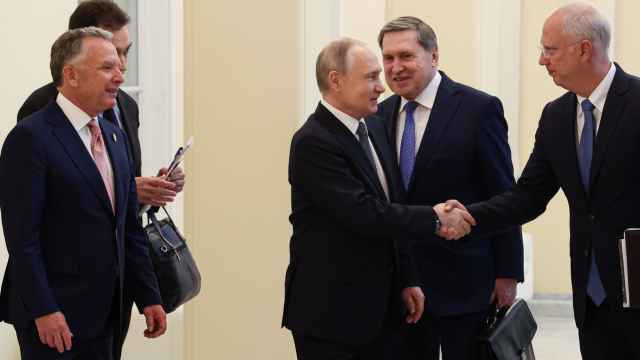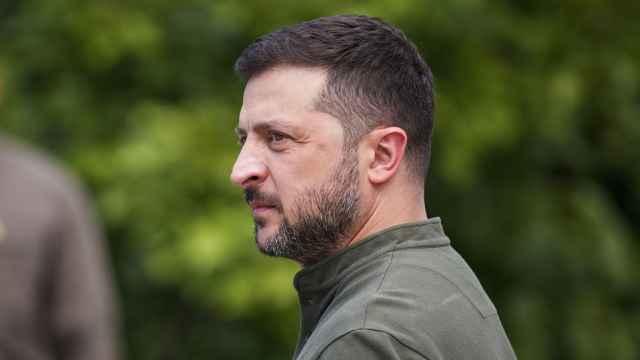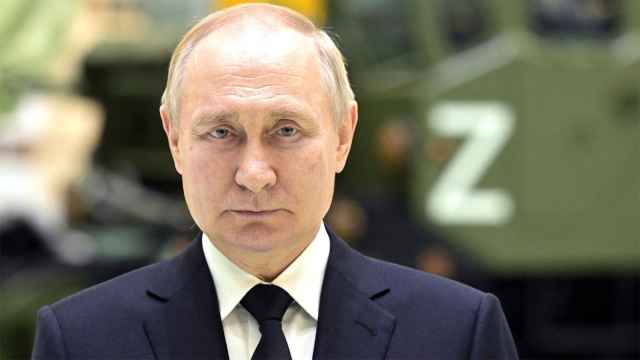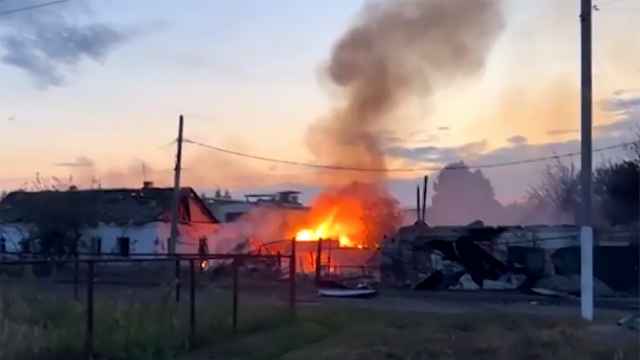Over the past week, Russian troops started a counterattack in the Kursk Region, which has been partially under Ukrainian occupation since early August. Whatever the outcome, Ukraine likely achieved the goal of changing the conversation in Western capitals – as well as in Moscow – about the war’s trajectory by reminding everyone of the shortcomings of the Russian military.
Time and time again, it has been shown to be sluggish and inflexible when reacting to unexpected challenges, hindered by manpower problems and ineffective intelligence gathering. The Kursk incursion also highlighted, yet again, the failure to reform Russia’s domestic governance over the past years.
The ideal outcome of a series of changes executed over the past 6-7 years – especially since the 2020 appointment of Mikhail Mishustin as Prime Minister – was a heavily centralized, yet nimble and reactive public administration system. Such a system would be based on an ever-increasing aggregation of information, operated by competent, interchangeable cadres who would be able to independently manage crises. Nonetheless, they would not possess significant power. Here the interests of Russia’s technocrats were aligned with those of the security services that welcomed both the emaciation of political authority and the expansion of digital surveillance and data collection that would identify problems before they arose.
The first stress test came during the COVID pandemic when highly disruptive and unpopular policies, such as lockdowns and vaccination, were entrusted to regions that needed to juggle these and the requirement to keep the number of fatalities low. Russia emerged from the pandemic with a catastrophically high death toll and delayed inoculation. But the country avoided major political upheaval, which was the Kremlin’s main priority. The response to the crisis was deemed successful enough for its strategy to be replicated in 2022 when military mobilization threatened to cause political instability.
Yet, the system did not learn to prevent these crises in the first place or operate without direct federal direction. Time after time the resilience of the underlying “sistema” network of personal connections, perverse incentives and highly centralized decision-making shone through.
The construction of defensive fortifications in the Kursk Region, which Ukrainian troops easily circumvented, turned out to be another failure to prevent a foreseeable crisis. Even though the security services were present and involved, neither they nor any other authority ensured that the money for these defenses was put to proper use. Self-enrichment and the enrichment of cronies are still considered normal perks that come with a gubernatorial position, especially at a time when upward mobility is difficult.
However, it is also likely a consequence of regional officials having to perform symbolic acts of loyalty to attract attention – and funding – from Moscow at a time when purse strings are increasingly tight. Many regional authorities have chosen to chase the agenda generated by the war, without much of a thought about the real-life consequences. For former Kursk governor Roman Starovoit, this also included public schmoozing with the Wagner Group while Prigozhin’s star was still rising.
For the federal government, controlling the narrative is of paramount importance. Russia’s crisis management system downplays the importance of external crises – over which the Kremlin does not have full narrative control – while magnifying the importance of invented or controlled crises. But its second core function is allocating responsibility in the public administration system downwards and rewards upwards.
While some federal officials reacted to the incursion within days or even went to the region in person, the country’s highest-ranking political and security officials did not, in earnest, take a position. Even a month after the start of the incursion, with over 150,000 people evacuated and hundreds missing, President Vladimir Putin played down its importance at the Eastern Economic Forum. Security Council secretary Sergey Shoigu only took a position once the Russian army halted the Ukrainian advance and started a counterattack.
At the same time, the Kremlin made it clear early on that no what, gubernatorial elections would be held in the region. The official winner, acting governor Alexey Smirnov, won with one of the highest turnouts registered at any September election in the country. However, according to election researcher Ivan Shukshin, 60% of Smirnov’s votes could have been falsified.
Once a narrative has been established, the federal government throws money at the problem. As of mid-September, a total of more than 20 billion rubles ($218,628,000) have been allocated from federal and regional sources to mitigate the effects of the Kursk incursion. This is equivalent to more than a fifth of the region’s budget for the current year, but will likely still be insufficient to cover all needs (and does not contain losses from unrealized production or the cost of new defensive fortifications). Several direct payments – part of the lump sum payments and the compensation for lost property – are handled by the regional government, which allows the Kremlin to push political responsibility to lower levels, especially in the initial stages of crisis mitigation when the risk of angry criticism due to slow or faulty implementation is the greatest.
These are funds allocated post-fact, for a specific purpose, at a time when doing nothing is untenable. Otherwise, while regional officials may have been encouraged and were given rights to act flexibly and independently over the past years, the federal center often does not provide the money. Governors, for example, were empowered to build territorial defense forces with citizens’ participation through the so-called regional operational headquarters, but they did not receive any financial backing for this. The governors of the Bryansk and the Belgorod Regions repeatedly complained to the federal government and then Putin himself, that it was hard to recruit people without additional funds as they had to compete with the salaries and signing bonuses from the armed forces.
Crises also lay bare how important personal connections still are, even beyond appeals to the president. Following the Kursk incursion, ex-governor Starovoit actively took part in relief efforts, almost as if he were still governor. Among other things, he used the resources of the Transport Ministry – for which he is now responsible – to organize additional trains and buses to evacuate civilians and collect humanitarian aid. However, his involvement could have been motivated by fear of being blamed for the region’s failed defenses.
While it seems that, for the first time in almost a decade, the Kremlin is keen to appoint local officials to governorships, this does not mean that they will actually be entrusted to govern, beyond communicating with local residents and elites. The role of federal overseers, be they former governors, presidential plenipotentiaries, or officials such as State Council Secretary Alexei Dyumin – who will report to the president on the causes of the failure to prevent the incursion – and who has been actively building his own network of regional officials.
Personal links are important in the other direction as well. The federal government can allocate a limited amount of money from its own reserves to unplanned expenditures, but this bucket is not bottomless. Similarly to several other crisis situations, the gap left by the federal and regional government is expected to be filled by the work of local charities, citizen initiatives and – crucially – private businesses. The state has relied on employers to implement various policies, ranging from administering compulsory vaccination to raising election turnout. In Kursk, companies such as Metalloinvest steel announced extra aid for its workers and the Cian real estate listing group helped residents find shelter, along with several local civil initiatives that were required to fill the gaps left by the ineffective government.
On the whole, just like during the pandemic or military mobilization, the system does what it needs to do. It allows the Kremlin to stay on the message and be seen to put out fires. That is, as long as personal connections can kick institutions into gear, downward pressure works there is sufficient money. However, this is not the efficient, semi-automated, foolproof public administration that Russia’s technocrats dreamed about. Crucially, it cannot prevent unexpected crises from emerging in the first place.
The Kremlin can, currently, look at surveys and conclude that its main priority – Putin’s ratings – has not suffered. But it cannot be sure when and where the next unexpected crisis will emerge and whether this highly personalized system will be able to stay on top of it.
A Message from The Moscow Times:
Dear readers,
We are facing unprecedented challenges. Russia's Prosecutor General's Office has designated The Moscow Times as an "undesirable" organization, criminalizing our work and putting our staff at risk of prosecution. This follows our earlier unjust labeling as a "foreign agent."
These actions are direct attempts to silence independent journalism in Russia. The authorities claim our work "discredits the decisions of the Russian leadership." We see things differently: we strive to provide accurate, unbiased reporting on Russia.
We, the journalists of The Moscow Times, refuse to be silenced. But to continue our work, we need your help.
Your support, no matter how small, makes a world of difference. If you can, please support us monthly starting from just $2. It's quick to set up, and every contribution makes a significant impact.
By supporting The Moscow Times, you're defending open, independent journalism in the face of repression. Thank you for standing with us.
Remind me later.



